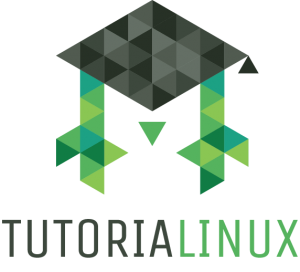Why e-books?
E-books are a great way to learn more about system administration, programming, automation, software development, hunting for tech jobs, soft skills, and lots more.
Reading something is a great way to start learning the theoretical background on a subject, and tutorialinux e-books are designed to make it easy to get started in a practical way. You can read through the e-book (in PDF form, or on your e-reader) while immediately trying out new software, commands, and concepts on your Linux machine or virtual machine.
How tutorialinux e-books are different
These mini e-books are designed to be bite-sized pieces of learning, easily fitting into a few hours in the afternoon or evening. The idea is that each one treats a laser-focused subject, and gets you familiar with the basics while you work through some examples on the command-line.
The PDF versions of the e-books also make it easy to copy-and-paste commands and configuration file content straight into your editor, something which has been difficult and annoying for YouTube viewers.
Buying any of these e-books is a great way to contribute to the tutorialinux mission: for the price of a few New York City coffees, you can do your part to keep the free videos, blog posts, and podcasts coming.
Without further ado, here are the products currently on offer:
Let’s Encrypt on Linux and FreeBSD with NGINX
Finally, the Web is becoming a safer place for the average surfer. Advertising companies, governments, and criminals are trying to track and record every move you make, every interest you show, and every thought you hint at. People are finally beginning to fight back by encrypting traffic. SSL/TLS is one of the most important ways that an average tech person can do this.
This is an e-book that will get you a simple HTTPS-enabled NGINX Setup (it works on both Linux and FreeBSD webservers). It has the awesome benefit of using a free Let’s Encrypt Certificate, which means you can finally serve HTTPS content on your website for free.
(Not Currently Available)
Getting Started With Linux Containers
A no-nonsense approach to getting started with Linux Containers (LXC).
If you are (or want to be) a sysadmin or software developer, you need to know about Linux Containers. They’re a fast, low-overhead alternative to running virtual machines, and can provide amazing convenience. With the growing popularity of Docker (which leverages LXC on the back-end) also a hot topic.
Linux Containers can help you:
- test out new software, services, and configurations
- try high-availability infrastructure setup, without having to leave the comfort of your laptop
- increase security
- decrease deployment time
If you’re still on the fence, just go through the free Linux container (LXC) course on YouTube to get a grasp of the basics!
